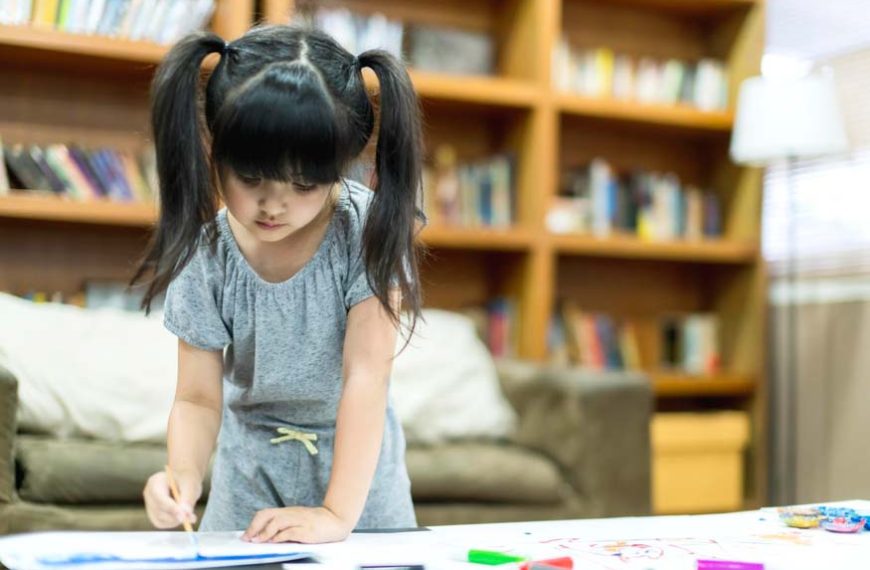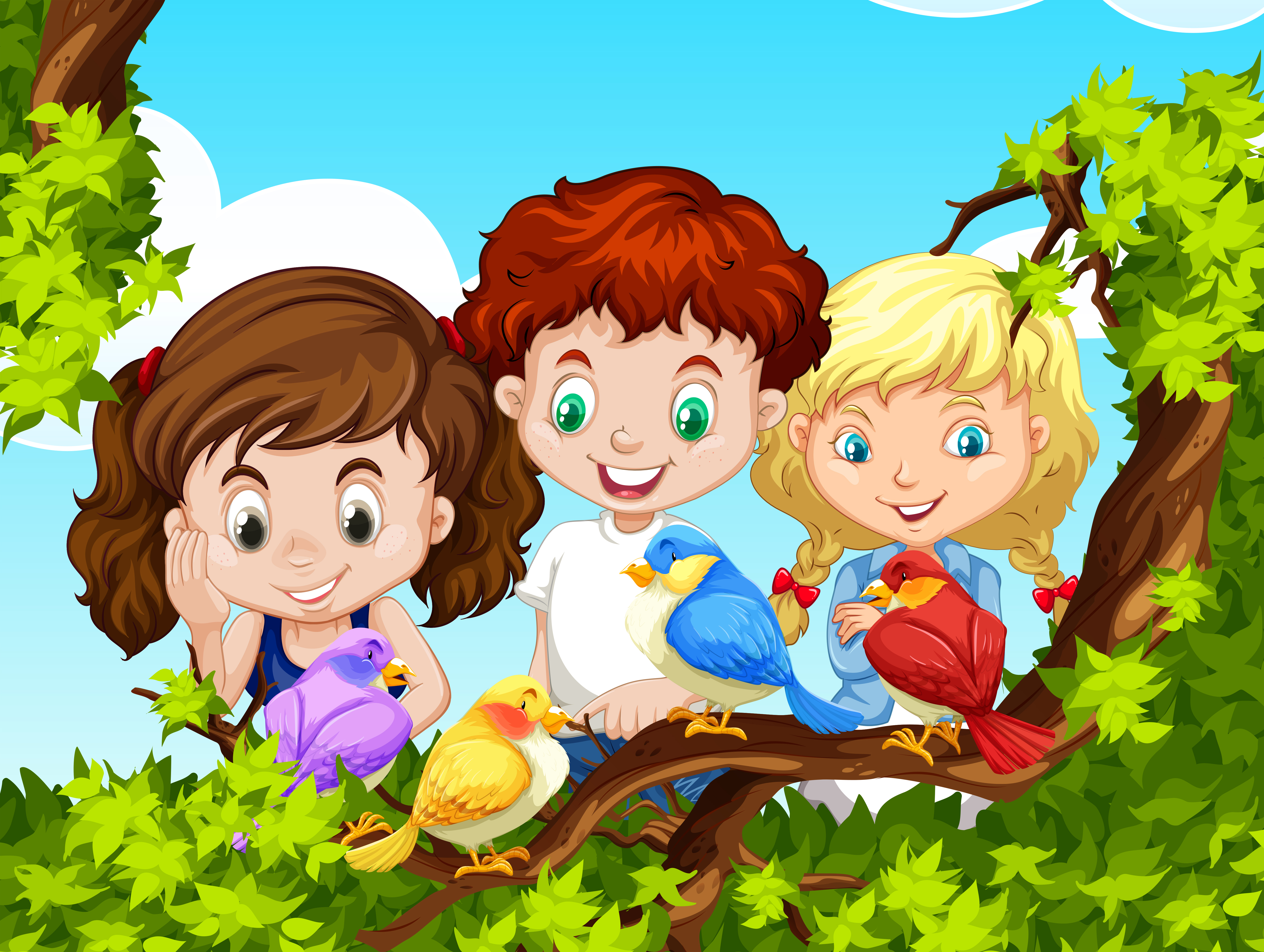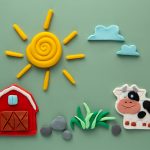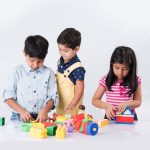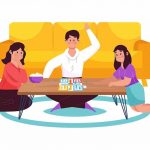In the vibrant and dynamic world of early childhood education, preschools and kindergartens play a pivotal role in shaping the foundational years of children. These educational settings are much more than places where children spend part of their day; they are hubs where young minds are nurtured through a variety of activities. This article aims to explore the common daily activities found in preschools and kindergartens, emphasizing how they contribute to the holistic development of children.
Circle Time Activities for Preschoolers
One of the quintessential elements of a preschool day is ‘Circle Time’. This is a structured time where children gather to kick start their day. Circle time activities for preschoolers are designed to foster a sense of community, enhance social skills, and provide a platform for learning in a group setting. During this time, children engage in activities such as morning greetings, calendar activities, weather discussions, and storytelling. This routine helps in building listening skills, attention span, and cooperative learning.
Let’s delve deeper into the facets of circle time activities:
Language and Communication Skills:
- Storytelling and Read-Aloud Sessions:
- Show and Tell:
Children listen to stories or poems, which helps in developing their listening skills and vocabulary. Interactive storytelling, where children are encouraged to ask questions or predict outcomes, enhances comprehension and critical thinking.
A classic activity where children bring an item from home and talk about it. This foster’s public speaking skills, confidence, and respect for others while listening.
Social and Emotional Development:
- Emotion Sharing:
- Cooperative Games:
Circle time can be a safe space for children to share their feelings or experiences. Activities like ’emotion cards’ where children pick a card that expresses their current mood helps in emotional literacy.
Simple games that require taking turns, sharing, or working together teach children about cooperation, patience, and following rules.
Cognitive Skills:
- Discussion on Themes or Concepts:
- Memory and Attention Games:
Teachers can introduce new themes like seasons, animals, or numbers, and engage children in discussions, enhancing their understanding and curiosity.
Games like ‘Simon Says’ or repeating a sequence of actions improve memory, attention, and concentration.
Physical Development:
- Movement and Music:
Incorporating songs with actions, dance movements, or simple yoga stretches helps in physical coordination and rhythm.
Cultural Awareness and Inclusivity:
- Cultural Sharing:
Circle time can be used to celebrate diverse cultures and traditions, where children learn about different festivals, foods, and customs, promoting inclusivity and respect for diversity.
Moral and Ethical Learning:
- Storytelling with Morals:
Stories with a moral lesson or discussions about right and wrong aid in developing a sense of ethics and values.
Creativity and Imagination:
- Imaginative Play:
Activities like role-playing or creating a story together foster imagination and creative thinking.
Preschool Learning Activities
Preschool learning activities form the core of the day’s schedule. These activities are carefully curated to promote cognitive, physical, emotional, and social development. Key components of preschool learning activities include:
- Literacy and Language Development:
- Mathematical Understanding:
- Art and Craft:
- Science Experiments:
- Music and Movement:
Activities like storytime, phonics games, and interactive storytelling sessions stimulate language skills and early literacy.
Simple counting games, shape sorting, and measuring activities lay the foundation for mathematical understanding.
Activities like cutting, drawing, and colouring are not just about creativity. They also help in developing fine motor skills and hand-eye coordination. Projects like making collages or simple crafts encourage children to use their imagination and express themselves artistically.
Simple science activities, such as observing plants grow or mixing colours, introduce children to basic scientific concepts. These activities foster curiosity and encourage questioning and exploration.
Singing songs, playing simple instruments, and participating in dance activities develop auditory skills and physical coordination. Music and movement also provide a joyful way for children to learn rhythm, patterns, and language.
Hands-on Learning for Preschoolers
Hands-on learning for preschoolers is essential in stimulating active engagement and fostering a deeper understanding of concepts. This approach to learning allows children to explore, experiment, and manipulate real objects and materials. Activities such as painting, clay modelling, puzzle-solving, and gardening involve children in active learning, enhancing their motor skills, creativity, and problem-solving abilities. Hands-on learning also promotes independence and self-confidence as children learn to make choices and see the results of their actions.
Educational Games for Kindergarteners
Educational games for kindergarteners are not only a source of fun but also a powerful tool for learning. Games involving numbers, letters, shapes, and colours reinforce academic concepts in an enjoyable and engaging manner. Board games, memory games, and interactive digital games enhance cognitive skills like memory, attention, and reasoning. Furthermore, these games often require children to take turns and follow rules, thereby instilling social and cooperative skills.
Some examples include:
- Puzzle Games:
- Role-Playing Games:
- Technology-Based Learning Games:
Puzzles with different shapes, colours, and themes enhance problem-solving skills and patience. They also help in recognizing patterns and developing spatial awareness.
These games allow children to act out various roles, encouraging imagination and empathy. Role-playing can be a part of storytelling or can be integrated into learning about different professions and societal roles.
Interactive digital games that are educational in nature can enhance learning experiences. These games often include elements of phonics, math, and logic, presented in an engaging and interactive format.
Preschool Curriculum Ideas
Designing a preschool curriculum requires a thoughtful blend of various activities to cater to the diverse needs of young learners. Innovative preschool curriculum ideas include:
- Theme-Based Learning:
- Project-Based Activities:
- Cultural and Environmental Awareness:
- Environmental Education:
- Multilingual Exposure:
- Community Interaction:
- Physical Education:
This involves building a curriculum around a central theme, incorporating various activities that relate to the theme, enhancing contextual learning.
Children engage in projects that require planning, execution, and presentation, fostering a sense of accomplishment and responsibility.
Activities that introduce children to different cultures, traditions, and environmental concepts broaden their worldview.
Teaching children about nature, conservation, and sustainability through activities like gardening, recycling projects, and nature walks can instill a sense of responsibility towards the environment from a young age.
Introducing children to different languages through songs, simple phrases, and stories can enhance their linguistic abilities and cultural understanding.
Activities that involve interaction with community helpers, visits to local places of interest, and participation in community events help children understand their role in the wider community.
Structured physical activities, such as obstacle courses, team sports, and yoga, are important for physical development and instilling a habit of physical fitness.
The activities in preschools and kindergartens are carefully structured to provide a balanced mix of learning, play, and development. The focus is not just on academic growth but also on nurturing social, emotional, and physical skills. Through a combination of circle time activities, hands-on learning experiences, educational games, and a well-rounded curriculum, these early educational settings lay a strong foundation for lifelong learning and development.
At EuroKids, we understand the significance of these formative years. We strive to create an environment that encourages curiosity, fosters creativity, and supports the all-round development of every child.





